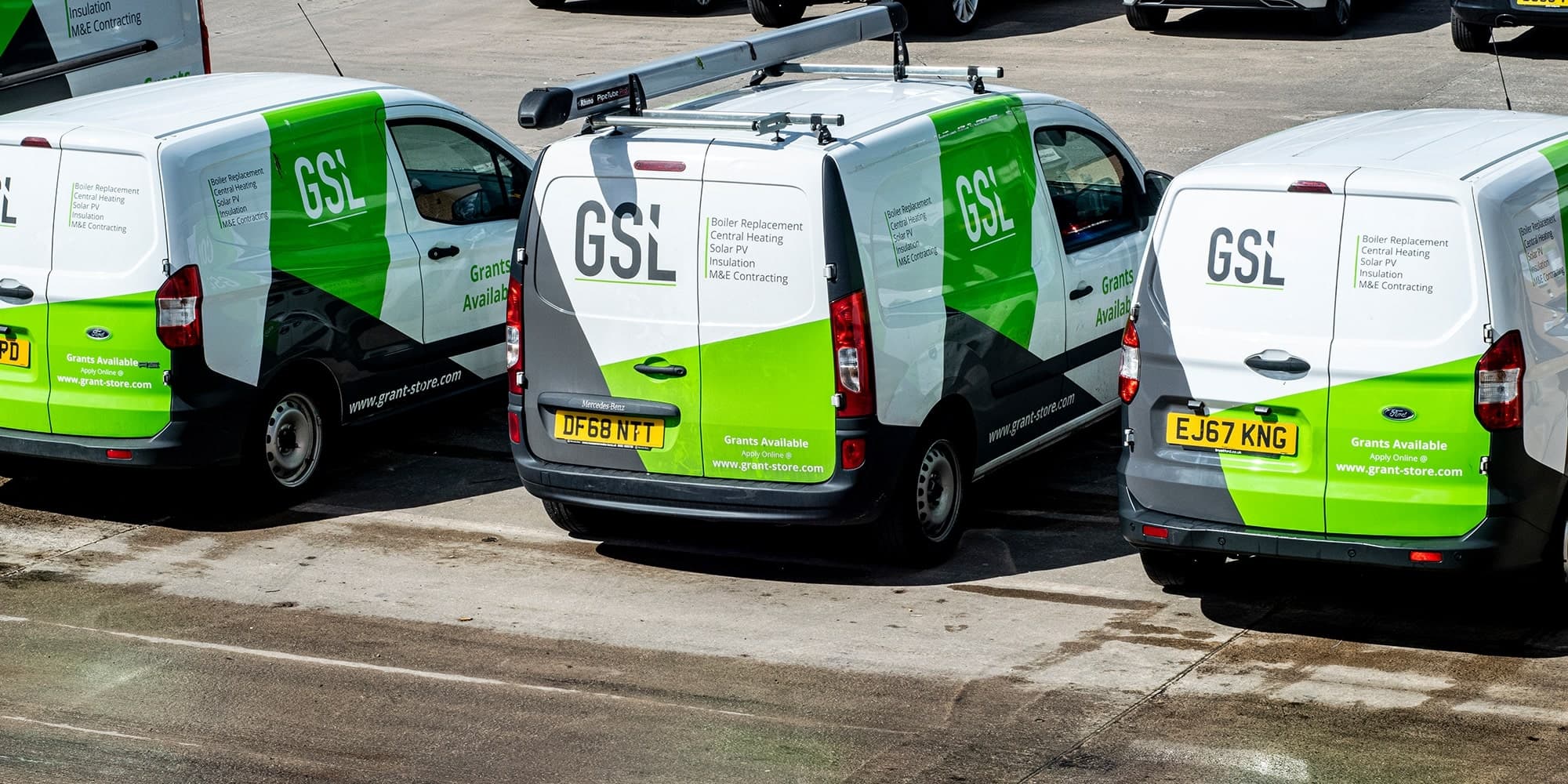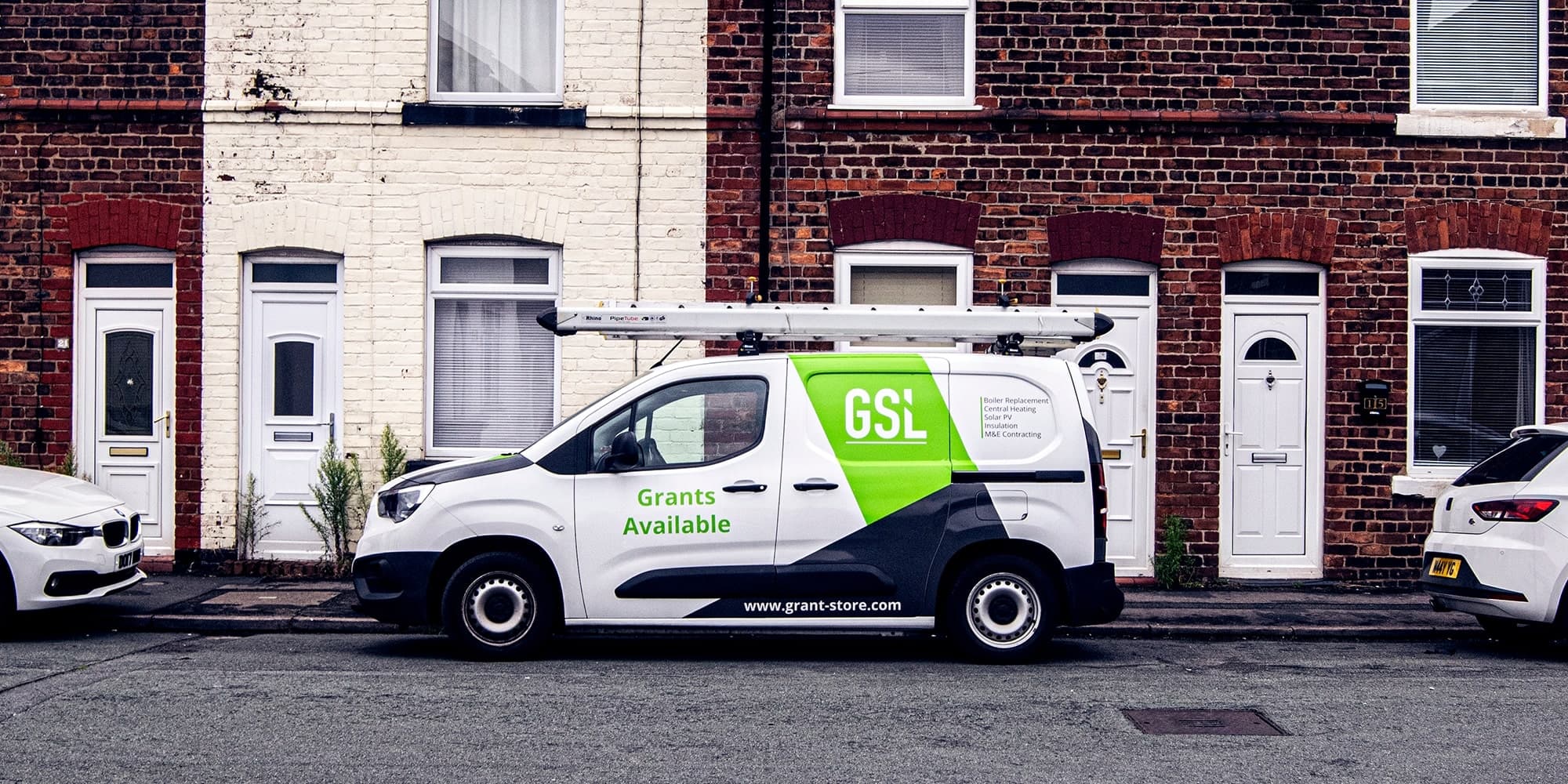August 6th, 2025
How 900m2 of solar panels are helping this NHS hospital go carbon neutral
Written by: Puneet Verma
News
Solar panels are a great step towards slashing energy bills and living a more sustainable life, but how many solar panels will you need to fit your unique lifestyle needs?
Well, no magic number fits every home because there’s a lot to consider. This guide will look at the things you need to consider to make the best decision on your home solar system.
Key Takeaways
Solar panel installations are a great investment that can help you save money on your energy bills and reduce your environmental impact. But figuring out how many solar panels your home needs involves thinking about a few main things:
This includes understanding your monthly kilowatt-hour (kWh) usage and annual energy consumption. Looking at your electricity bills can give you a clear picture of your energy needs and set a baseline for your solar system size.
To calculate your daily average kWh usage, take the average monthly usage and divide it by 30 (assuming a 30-day month). This will give you an approximate figure for your average daily kWh usage.
Keep in mind that this is just an estimate and that electricity usage can change depending on things like the season and your lifestyle choices.
However, using your average and daily monthly electricity usage can provide a good starting point for figuring out how many solar panels generate enough electricity to meet your needs.
Want to know how much you could save with your own solar panels? Use our handy solar panel calculator to get a closer look at your potential solar savings today.
Solar panels come in different levels of efficiency – how much daylight they can convert into usable electricity. Higher-efficiency panels get more power out of daylight, meaning you can generate the same amount of electricity with fewer panels.
Monocrystalline panels are made from a single silicon crystal and offer the highest efficiency, so you’ll need fewer to meet your energy needs. However, due to their better efficiency, they are often more expensive.
Polycrystalline panels, on the other hand, are formed from several silicon crystals and are less efficient than monocrystalline, meaning you might need more panels to get the same energy output – though they’re generally cheaper.
While solar panel installations can still generate electricity on cloudy days, making them a great option for homes all over the UK, they will be limited if your roof doesn’t receive enough sunlight. Several things impact the amount of sun your roof receives:
South-facing roofs absorb the most daylight during the day, so they’re ideal for solar panels. East and west-facing panels are still good options as they also get good amounts of light over the day.
North-facing roofs receive the least direct daylight, so high-efficiency panels are good for compensating for this less-ideal orientation.
The amount of panels you can have will also depend on the size of your roof. The more roof space you have, the larger the solar system can be. These panels are designed to generate more electricity within a smaller area, making them ideal for roofs with limited space.
If you have plenty of roof space, you have more freedom to balance your energy needs with cost considerations by choosing panels that may offer a lower efficiency rating but still meet your energy goals.
If you’re having trouble figuring out how many solar panels you need, don’t worry—we’re here to help. We’ve got years of experience helping people like you upgrade homes with tailored solar panel installations. So, get in touch today and start your journey to a sustainable future with cheaper energy bills.
August 6th, 2025
How 900m2 of solar panels are helping this NHS hospital go carbon neutral
Written by: Puneet Verma
News
August 6th, 2025
What is a solar panel inverter?
Written by: Puneet Verma
News
June 9th, 2025
Solar water heating vs solar PV: What’s right for you?
Written by: Gareth Whitehill
News
May 9th, 2025
Solar panel installation: Step-by-step guide for UK homes & businesses
Written by: Gareth Whitehill
News
April 9th, 2025
Are solar batteries worth it in the UK?
Written by: Gareth Whitehill
News
April 9th, 2025
What size solar battery do I need?
Written by: Gareth Whitehill
News
January 20th, 2025
Heat pumps vs. traditional heating: Which is right for your home?
Written by: Gareth Whitehill
Heat Pumps
January 13th, 2025
Do heat pumps work well in older homes?
Written by: Gareth Whitehill
Heat Pumps
January 6th, 2025
How do air source heat pumps work?
Written by: Gareth Whitehill
Heat Pumps
December 30th, 2024
Are air source heat pumps worth it in the UK climate?
Written by: Gareth Whitehill
News
December 23rd, 2024
Why are heat pumps taking over UK homes?
Written by: Gareth Whitehill
Heat Pumps
December 16th, 2024
Are heat pumps suitable for smaller homes?
Written by: Gareth Whitehill
Heat Pumps
September 25th, 2024
Grant Store are official sponsors of Chorley FC!
Written by: Gareth Whitehill
News
August 30th, 2024
Grant Store is an official Octopus Trusted Partner!
Written by: Gareth Whitehill
News
August 1st, 2024
How green is solar energy?
Written by: Gareth Whitehill
Solar
July 30th, 2024
How to insulate an old house
Written by: Gareth Whitehill
News
July 29th, 2024
What’s Involved in an Air Source Heat Pump Installation?
Written by: Gareth Whitehill
Heat Pumps
July 28th, 2024
A complete guide to heating water with solar power
Written by: Gareth Whitehill
Solar
July 25th, 2024
How To Make the Most Out of ECO4 Funding
Written by: Gareth Whitehill
News
July 23rd, 2024
Are UK homes getting any greener?
Written by: Gareth Whitehill
News
June 27th, 2024
Why should you choose an MCS installer for your heat pump project?
Written by: Gareth Whitehill
Heat Pumps
June 27th, 2024
When does ECO4 end, and what happens next?
Written by: Gareth Whitehill
News
June 11th, 2024
Exploring Energy Grants for Pensioners: A Guide to Lowering Your Energy Costs
Written by: Gareth Whitehill
News
June 11th, 2024
Do air source heat pumps work well with solar panels?
Written by: Gareth Whitehill
Heat Pumps
June 11th, 2024
Your Guide to Understanding Energy Performance Certificates (EPCs)
Written by: Gareth Whitehill
News
June 11th, 2024
What energy grants can I get on Universal Credit?
Written by: Gareth Whitehill
News
June 1st, 2024
Who qualifies for a boiler grant in the UK?
Written by: Gareth Whitehill
News
May 22nd, 2024
Is the UK Government Planning to Ban Gas Energy?
Written by: Gareth Whitehill
News
April 25th, 2024
Your Complete Guide To Off-Gas Property Grants in the UK
Written by: Gareth Whitehill
News
April 24th, 2024
What are electric storage heaters?
Written by: Gareth Whitehill
News
April 23rd, 2024
How To Improve Your Home’s EPC Rating: A Guide to Boosting Efficiency and Reducing Costs
Written by: Gareth Whitehill
News
April 23rd, 2024
What is the ECO Scheme, and how can it help me?
Written by: Gareth Whitehill
News
April 23rd, 2024
How to apply for the ECO4 Grant: Everything you need to know
Written by: Gareth Whitehill
News
April 18th, 2024
The Complete Guide to Heat Pumps: Benefits, Costs, Savings, and Efficiency
Written by: Gareth Whitehill
Heat Pumps
March 13th, 2024
What size solar PV system do I need?
Written by: Gareth Whitehill
Solar
February 27th, 2024
What grants are available for energy-saving?
Written by: Gareth Whitehill
News
November 24th, 2023
How Many Solar Panels Do I Need?
Written by: Gareth Whitehill
Solar
November 23rd, 2023
How Much Money Do Solar Panels Save?
Written by: Gareth Whitehill
Solar
November 22nd, 2023
How Are Solar Panels Made?
Written by: Gareth Whitehill
News
November 22nd, 2023
Do you need planning permission for solar panels?
Written by: Gareth Whitehill
News
November 22nd, 2023
How Much Do Solar Panels Cost?
Written by: Gareth Whitehill
News
November 22nd, 2023
How Do Solar Panels Work?
Written by: Gareth Whitehill
News
November 20th, 2023
Smart Export Guarantee Rates 2024
Written by: Gareth Whitehill
News
November 20th, 2023
Can I Add a Battery to my Solar System?
Written by: Gareth Whitehill
News
November 20th, 2023
How Do You Store Solar Energy?
Written by: Gareth Whitehill
News
October 3rd, 2023
Solar panels: are they worth the cost?
Written by: Gareth Whitehill
News
September 19th, 2023
How efficient are solar panels?
Written by: Gareth Whitehill
News
September 19th, 2023
Do solar panels boost home value?
Written by: Gareth Whitehill
News
September 19th, 2023
What are the pros and cons of solar panels?
Written by: Gareth Whitehill
News
Not sure which energy-saving solution is right for your home? Or do you have questions about grant eligibility? Our team has the answers. Give us a call and we'll help you figure everything out.
Call us now on:
01942 918 844
"*" indicates required fields
